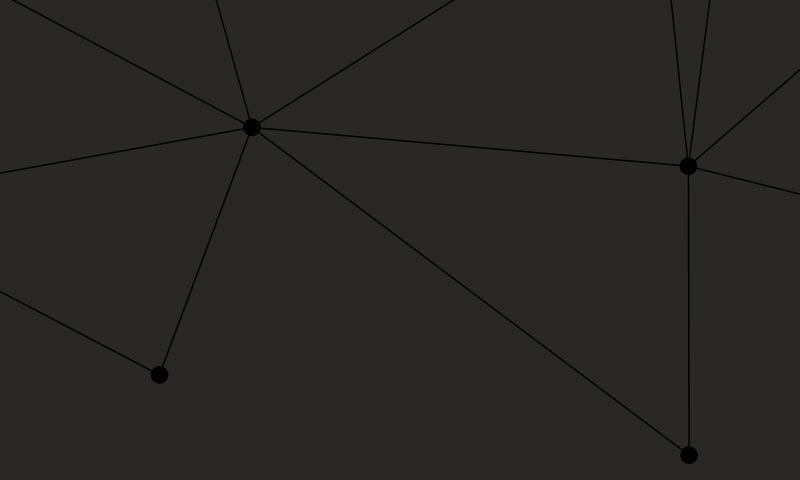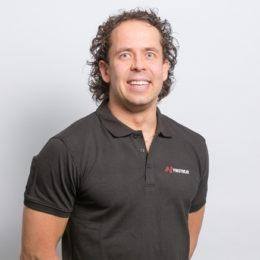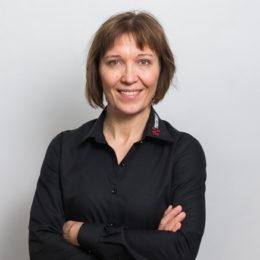
After a hot summer and the summer holiday season, it is time to head back to work and face our everyday routines and schedules. Fall is the time of new beginnings: The gyms are crowded with people rushing to get back on track after taking it easy during the summer and calendars are getting filled with meetings and deadlines. Relaxed holiday mood and sunshine have suddenly changed to hurry, workload and stress. Is the truth really as dark and rainy as the fall itself?
Based on the Firstbeat database, including measurement data from tens of thousands of individuals, it seems that this isn’t the case, and that the truth is actually quite the opposite. Even though returning to work after the summer often feels very challenging, it is more because of the change of rhythm, routines and thoughts than actual physiological stress. The database reveals two peaks in people’s recovery levels per year.
The first positive peak is at the beginning of the year, in January. However, the levels of recovery drop during the spring. The batteries are recharged during the summer, as presumed, which results in a second peak in recovery levels at the beginning of fall. It is interesting how the effect of summer holidays does not become visible until early fall. Later during the fall and early winter, the level of recovery drops again by Christmas.

What can we learn from this and what can be done? Could we schedule our tasks, workload and exercise more efficiently if we knew when we were the most prepared for challenging tasks? Similar findings have also been made on a weekly basis. It is interesting how this systematic negative development correlates with our physical activity habits. The same trends are observed: The enthusiasm for physical activity is the biggest in January and August. The phenomenon is easy to observe at gyms, which are usually filled with people after Christmas and summer holidays. Which one is the cause and which one the consequence? Does the decreasing amount of physical activity during the fall result in weakened recovery? Or do the recovery and fitness levels decrease due to weak motivation caused by hectic life and the pressure to neglect one’s hobbies? Even if this dilemma can’t be solved, one thing is sure: A sufficient amount of adequate exercise supports recovery remarkably, and vice versa.
From Words To Actions
When making lifestyle changes, information or measurement result is not enough. The knowledge enables us to set the right goals and make the right choices, but success calls for action, too.
Magazines and internet sites offer a wide variety of tips and top lists of ways to catch up on work and everyday life after the summer. On one hand, this proves that the topic is relevant and that the importance of occupational health and well-being has become more highlighted during the recent years. But despite the increasing number of tips and top lists, there is no one, universal solution or philosopher’s stone.

How can we not only manage with the workload, but also survive as a winner and enjoy the journey? Since the number of hours in a day is limited, our only opportunity is to focus on the choices of how we fill our days. Some choices we can’t affect since they are defined, for example, by our employers, family members or a situation in life. Regardless of this, everyone must find time for their own needs, to do things that they find important. In addition, how we handle things that we find negative or unpleasant affects our physiological stress and recovery levels.
During the last few years I have found a good way to help me make the right choices in everyday life. This time of year, I list different themes and objectives for the upcoming year in terms of family, friends, exercise and work. These themes and objectives are the ones I find the most important and want to achieve. This list is in my phone and guides me when I’m for example battling whether to go for a run in the rain or to spend the evening at home on the couch. In addition, it is nice to notice that just being aware of those objectives guides my behavior in the desired direction.
We will never have time for everything but we will always have time for the most important things. It is our responsibility to choose wisely and to make sure that we will not forget our own health and well-being. The ingredients are there to make this fall the way we want it to be.
The society and people’s lifestyles have changed a lot during the last few centuries. Nevertheless, the 1800’s philosopher Henry Thoreau’s insight on life is probably more current than ever: Life is too short to be lived in a rush.
I wish you an active and stress-free fall!
Want to know more about your well-being with help of a near-laboratory accurate data?
You might also be interested in

The Big Picture of Wellness – Stress Management, Good Sleep and Nutrition Go Hand in Hand
Weight management and healthy eating are issues that wellness professionals face every day with their clients.

It’s Not Always So Serious! A Lighter Look at Firstbeat Lifestyle Assessment Results
Several of our recent blogs have discussed different habits and realities of life that can compromise a healthy, well-balanced lifestyle. You might remember reading about the harsh effect that alcohol…



